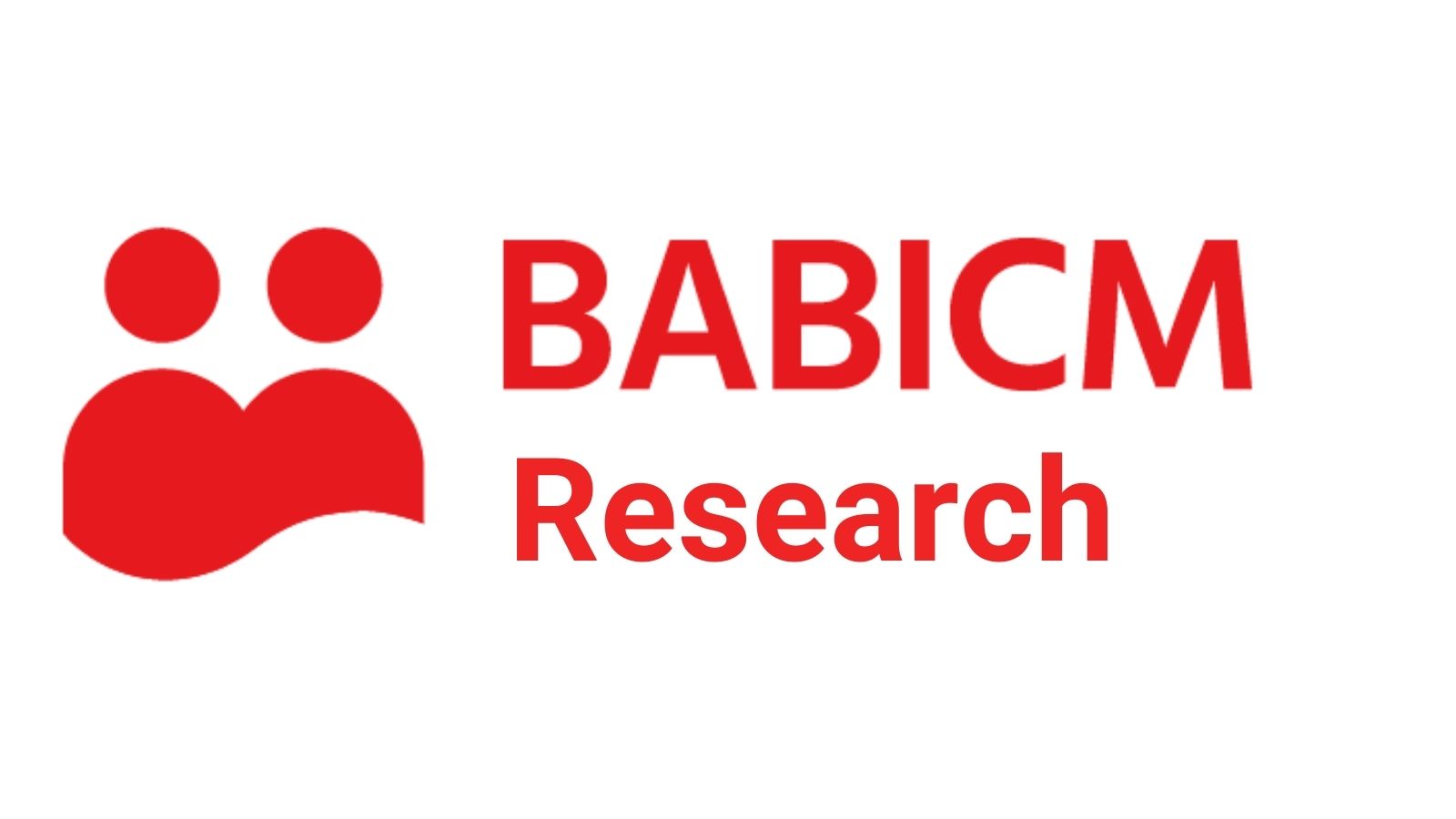The British Association of Brain Injury and Complex Case Managers (BABICM) Research Group is encouraging all case managers to make the leap back into research. Engaging in research and staying up to date in evidence-based practice is fundamental to BABICM’s competency framework, which is required for effective practice for all case managers. This ensures case managers continue to enhance service user’s outcomes and experiences.
My research journey started by identifying a gap in knowledge, and a lack of research in a specific topic and from this I was able to form a broad research question. I had always anticipated completing a PhD, post Master’s, and had a “if not now, then when?” moment. I approached the research school at my local University for their advice and after an interview, they accepted me onto their MPhil/PhD research programme. The next step was to shape the methodologies (which I found quite daunting), and so I ended up completing a Post Graduate Certificate in Research Studies at the University of Worcester. Post Graduate Certificates can be undertaken full time or part time, with modules spread out over one/two years, sometimes at weekends, ensuring professionals in full time employment can access them (albeit with multiple cups of coffee to hand !). I would highly recommend either this option or completing a Master in Research (MRes) degree. A MRes degree can be undertaken as either a one-year full time or two years part time taught post graduate degree, during which you will complete a large research project. I recommend contacting any University’s research school or look out for Post Graduate Research Conferences which may help shape your research ideas.
Some professionals can apply for funding through their professional body for research grants. In addition, health care professionals who work within the NHS can also access internships/bridging awards, and NIHR/HEE ICA Fellowships. Further details can be found at www.nihr.ac.uk.
The annual BABICM conference has a ‘research slot’ alongside an opportunity to present a poster of completed research or a single case study. Case studies provide a wealth of qualitative data and are a good way to approach research from a clinical standpoint. Linking in with professionals within your organisation or peer group and looking at research development in your area of practice can also be an excellent way of shaping initial ideas.
Research remains at the heart of what we do as professionals, with benefits to clients and improving better outcomes for all. BABICM research group are happy to talk further with anyone interested in beginning a research journey and can provide a research signposting service for interested members. Equally we would love to see any poster presentations at the next BABICM conference on the 10 and 11 June 2020 in Birmingham.

